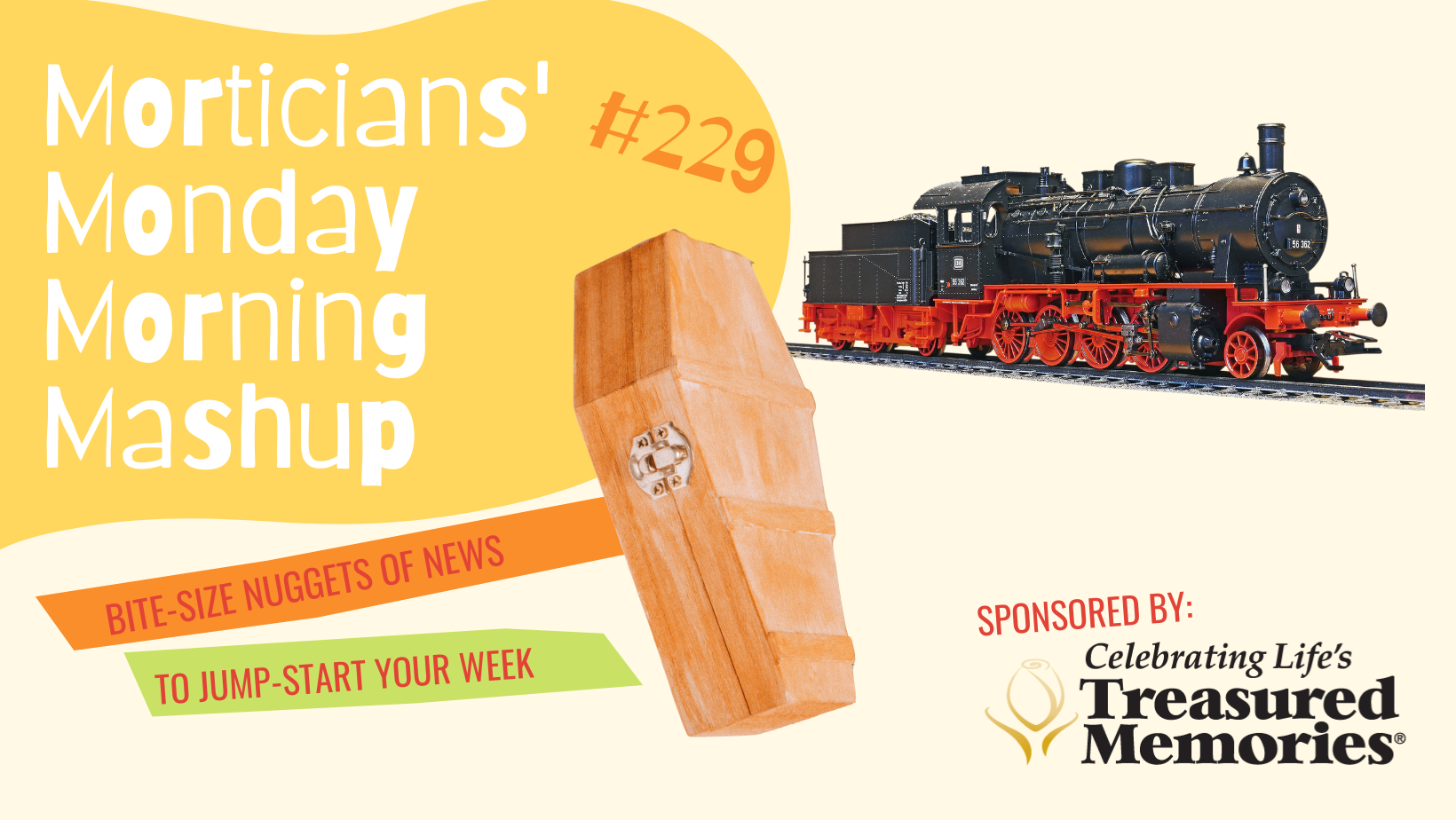Make These 2025 Hiring & Retention Trends Work for Your Funeral Home
Year after year, respondents to the Connecting Directors Deathcare Survey rank hiring and keeping the right employees as one of their biggest challenges. Industry supporters are working hard to tackle this issue from all angles, from easing educational and licensing requirements to helping businesses identify potential applicant groups, but the problem persists.
Deathcare is unique, and certainly requires employees to possess a special set of personal and professional characteristics. Even so, it should be possible to glean tips or lessons from human resources experts’ latest surveys and predictions for hiring and retention trends in 2025. Here are a few of those trends — and ways they can help any funeral home, crematory, or cemetery to fill a position (or keep someone from leaving).
Invest in employees’ personal and professional development opportunities (from Forbes “8 Workplace Trends That Will Define 2025”)
Forbes recently shared the results of two separate surveys that prove that helping your employees become lifelong learners will help them remain YOUR employees, rather than someone else’s. From these surveys came two facts to remember:
- “Nearly three-fourths of Millennials and Gen-Z workers would leave their jobs if there weren’t enough options for skills development,” and
- “Organizations offering robust learning opportunities will attract top talent, positioning themselves as growth incubators.”
Encouraging your team to continue learning and growing has to become a priority, and there are lots of ways to facilitate this — and it doesn’t always have to cost your firm an arm and a leg. For example, you could establish a mentorship or job shadowing program or peer-to-peer knowledge exchange; chances are you’re already doing this informally to some degree, but formalizing and promoting this as a benefit can help recruitment.
Additionally, letting your folks out of the funeral home to attend industry conventions, workshops, or seminars can do wonders for morale in addition to skill-building. Deathcare organizations offer all sorts of scholarship opportunities (watch Connecting Directors for industry press releases when these become available), and you could help them apply or provide a recommendation. Another option is to set up a time after-hours at the office or elsewhere to watch online webinars with your team (snacks and cocktails might be a nice addition!). When your folks know you support their growth and learning, they’ll know you care about keeping them.
Let technology make work easier and less chaotic (from Qualtrics “The 5 Employee Experience Trends Redefining Work in 2025”)
Deathcare is probably one of the handful of careers that isn’t threatened by the specter of artificial intelligence; AI can never take your jobs. However, AI and other technologies can certainly make several aspects of your workload easier, safer, and more streamlined in ways that your current and potential employees will certainly appreciate.
Think about it: AI-powered obituary writers, programs that create designer-level memorials and videos at the touch of a button, online arrangement tools, and API-connected case management software that lessens data entry time can be game-changers, not only for your team, but also for families. Also, tech-based chain of custody systems can ease worries about potential mistakes.
Explore opportunities to promote work-life balance and support employees’ mental health (from Gallup Employee Retention & Attraction Indicators)
“Work-life balance” and “remote work” are two phrases most deathcare professionals would not use to describe their favorite employment perks — because their jobs usually don’t seem to offer either one. Deaths don’t only occur during office hours, and despite all the emerging technology, most people still prefer to attend arrangement meetings and funerals in person. However, along with mental well-being and a higher salary (we won’t go into that one), these are today’s job-seekers’ most desired benefits, according to Gallup.
Believe it or not, it is possible for funeral homes and cemeteries to provide versions of these benefits to their teams. Offering a “flexible” schedule that allows employees time to attend to personal needs by coming in later and covering more of the evening hours, working in four-hour blocks instead of strict eight-hour shifts, offering four-day work weeks, and rotating on-call hours and weekends. Sure, traditional office hours are the easiest to schedule, but as long as families are properly served, does it really matter if someone leaves from 2 to 3 p.m. to attend a kid’s school play? “Flexible” is a word that carries a lot of weight in a job description.
As for mental health support, simply recognizing that the people on your team need it is a huge step. The days of sucking up your feelings and internalizing your concerns are gone; applicants for deathcare positions are well aware of the mental and emotional impact of the job, and they want to know that you’re aware, too. If your health insurance plan doesn’t cover therapy or other mental health benefits, which is ideal, encourage your employees to take advantage of the mental health support offered by industry organizations like CANA’s virtual Funeral Professionals Peer Support meetings, NFDA’s SupportLinc Member Assistance Program, or the Funeral Service Foundation’s self-care resources.
Identify the critical skills that will drive business impact (from Korn Ferry Talent Acquisition Trends Report 2025)
According to Korn Ferry, a global talent group, skills-based hiring, or prioritizing the critical skills that will help a business innovate and grow, was a “go-to” hiring strategy for 2024 that will only gain momentum in 2025. However, employers must first identify the specific skills that are most critical to each job before you can evaluate an applicant’s level of proficiency. This can be accomplished by creating thorough job descriptions that are customized to your facility’s specific needs. Start with a template (like this one from the Society of Human Resources Professionals) and pull ideas from other current online postings for similar jobs (like the ones on Deathcarejobs.com). Then, add your own requirements based on your observations of a typical day on the job, the skills possessed by your star employee, or just things you know you need.
When it comes time to screen applicants and conduct interviews, use the job description to identify which requirements are the “critical skills” that will best help your business grow. While resumes, mortuary school transcripts, and personal recommendations can help you gauge a person’s aptitude, there are other tools that can help you determine if someone possesses the other qualities you need, including personality assessments (16pf, DiSC, Myers-Briggs, CliftonStrengths, and Enneagram are just a few), communication skills assessments, cognitive ability assessments (Wonderlic), honesty and integrity tests (Stanton Survey), etc. The Funeral Service Foundation’s quiz “Is a Career in Funeral Service Right For You? is also a great all-encompassing option for applicant testing.
Even though taking the time to test or further evaluate applicants for critical skills elongates the hiring process, it does help you weed out applicants that may give great interviews, but may not be good employees in the long run.




